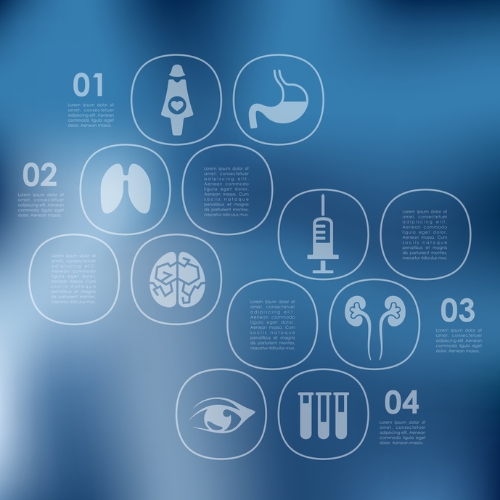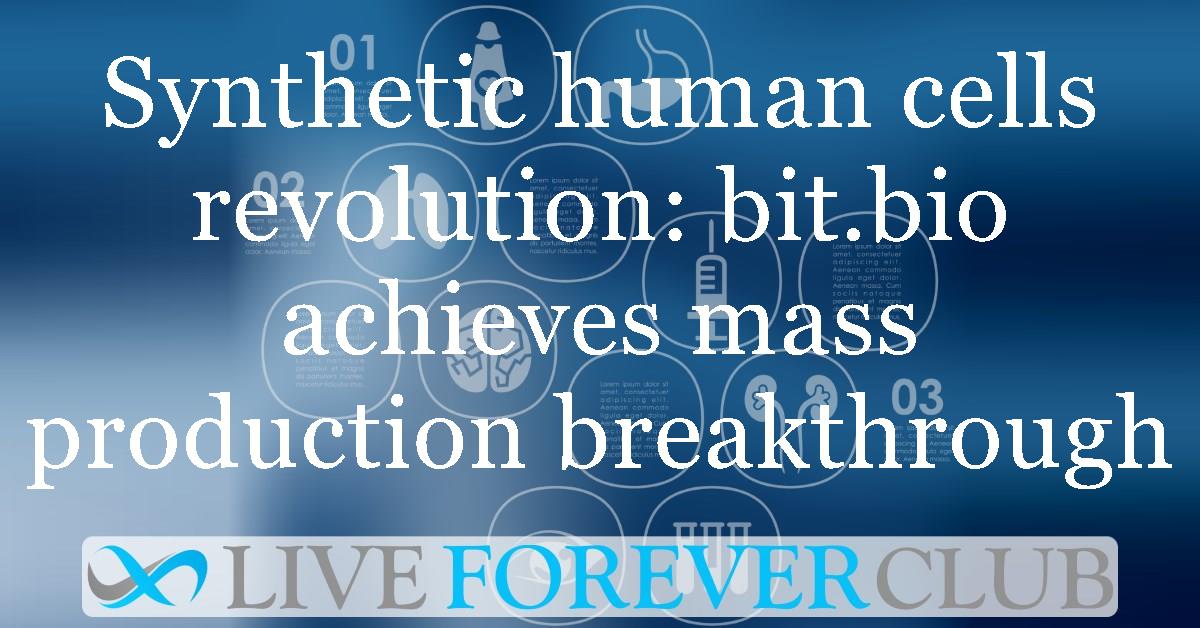Key points from article :
Scientists have made a breakthrough in the creation of synthetic human cells, managing for the first time to mass produce these cells with a precision that makes them virtually indistinguishable from genuine human cells.
Mark Kotter, leader of the project and CEO of bit.bio, a spinout from Cambridge University, regards this advancement as a "watershed moment" for human cell manufacturing.
Within five years, the breakthrough could facilitate the mass production of synthetic cells for treating diseases like cancer and diabetes by replacing lost or diseased cells.
This breakthrough could eventually lead to the large-scale production of entire human organs, starting with livers, potentially resolving organ shortages.
In the short term, it can accelerate research by allowing scientists to study diseases and test potential treatments on billions of cells, overcoming current limitations in cell availability.
Prior attempts to mass produce cells yielded inconsistent results, often making them unsuitable for use. Even promising therapies like Car-T cell therapy suffer from imperfect results and high cost.
The new method generates three types of nerve cells that are over 99.999% accurate as replicas of real human cells, an unprecedented level of precision in the field.
Kotter predicts a clinical trial of mass-produced human cells within two years, and the production and trial of a significant part of a liver within five years.
Other experts not directly involved with the research also recognize the potential game-changing impact of this development in biology and medicine.






